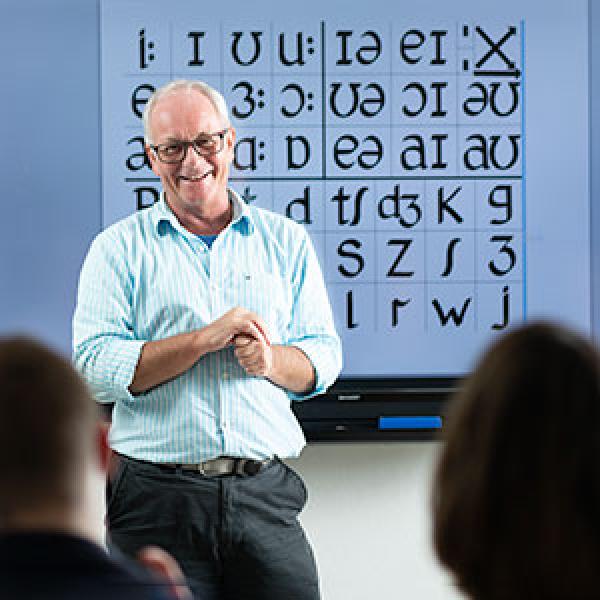12th November 2019
If it quacks like a duck … it might be a duck, but then again it might not. Someone speaks English, they can teach English … or so the perpetuated myth goes. The answer though is probably not, but they could with the training and making the personal and financial investment needed. Another way of looking at it is this. Would you go to a doctor or a quack doctor? Or, would you go to a qualified lawyer rather than the ‘barrack room lawyer’? Do you want to be labelled a ‘quack doctor’ or a ‘barrack room lawyer’? Probably not. So, its about time to think about taking that step to becoming properly trained and qualified.
You might be a person whose first language is English, you might be a person who has had some of their education in an English-speaking country or been taught in the English medium. Does this qualify you to teach English? In short No. You might be equipped with the fundamentals of being able to communicate in English, but you won’t be equipped to teach it. Among other things there are a couple of questions you might want to think about and which can significantly impact on your students learning. Let this be a warning to those who think they can teach without first gaining a regulated and accredited qualification in TESOL.
Do you know how to present new language to students?
I’m going to take some words from my colleague Tom Garside; imagine going into a classroom and this happens as it very often does.
‘Good morning class. Today we are going to learn about the past continuous. Like in the sentence ‘I was walking to the shop when I saw my friend’. Does anyone know why we use the past continuous?’
‘Every time I hear this opening to a class (which I do on a regular basis), a small piece of me dies inside’ says Tom.
On the one hand this is an excellent example of how not to introduce a new piece of language to learners. On the other hand, an excellent way to make students stare with those all too telling blank expressions on their faces. Taking an accredited and regulated TESOL qualification e.g. the Trinity Cert TESOL you will be guided with input of the techniques, you will observe your tutors demonstrating how this is done in a real class, you will be able to practice it yourself in your own teaching practice, be observed by your tutors and be given constructive feedback. It is doubtful that any of these are available to those that ‘teach’ without qualifications and the contexts in which they ‘teach’.
Do you know what you are doing right, and what you need to improve in your teaching?
Even those who might have been teaching without an accredited or regulated qualification for some time benefit from taking the time and making the effort to take a course. All of those bad habits come to light and need to be fixed; this can take time and guidance on how to break them and why they need to be broken is a must. This process brings about the realisation of what a negative effect they have been having on their learners.
The focus on specific aspects of teaching and learning that is possible on a course such as the CertTESOL can focus on every moment of a lesson, bringing out the optimum learning experience for all students in a time-efficient way. This might enable you to focus on breaking those bad habits and developing a more appropriate and effective approach or it might even reinforce aspects of your practice that you are doing correctly, albeit instinctively and didn’t perhaps realise. You’ll find out not only what you might be doing right but the reasoning as to why it works.
Related Blog: Unqualified EFL teachers are doing themselves and their students an injustice
These are just a couple of points that are worth considering if you’re teaching now without a recognised, accredited and regulated qualification; there are of course many other benefits to taking a course. Think about your learners; a qualified teacher has the ability and skills to help them actually learn and it’s a great source of satisfaction when learners leave the classroom actually using the language they have been introduced to and come back to class and use it. Perhaps a little narcissistic, but when learners have been taught pronunciation properly and leave the classroom with characteristics of your speech, it can be a great feeling. Likewise, if you’re not teaching and want to teach these are just a few of the things that might inspire you and help you develop and start teaching effectively from day 1 in the outside world.
If you want to learn more about the Trinity CertTESOL course, come and join one of our upcoming CertTESOL Taster Workshops held reguarly throughout the year online and in our Hong Kong training centre.



